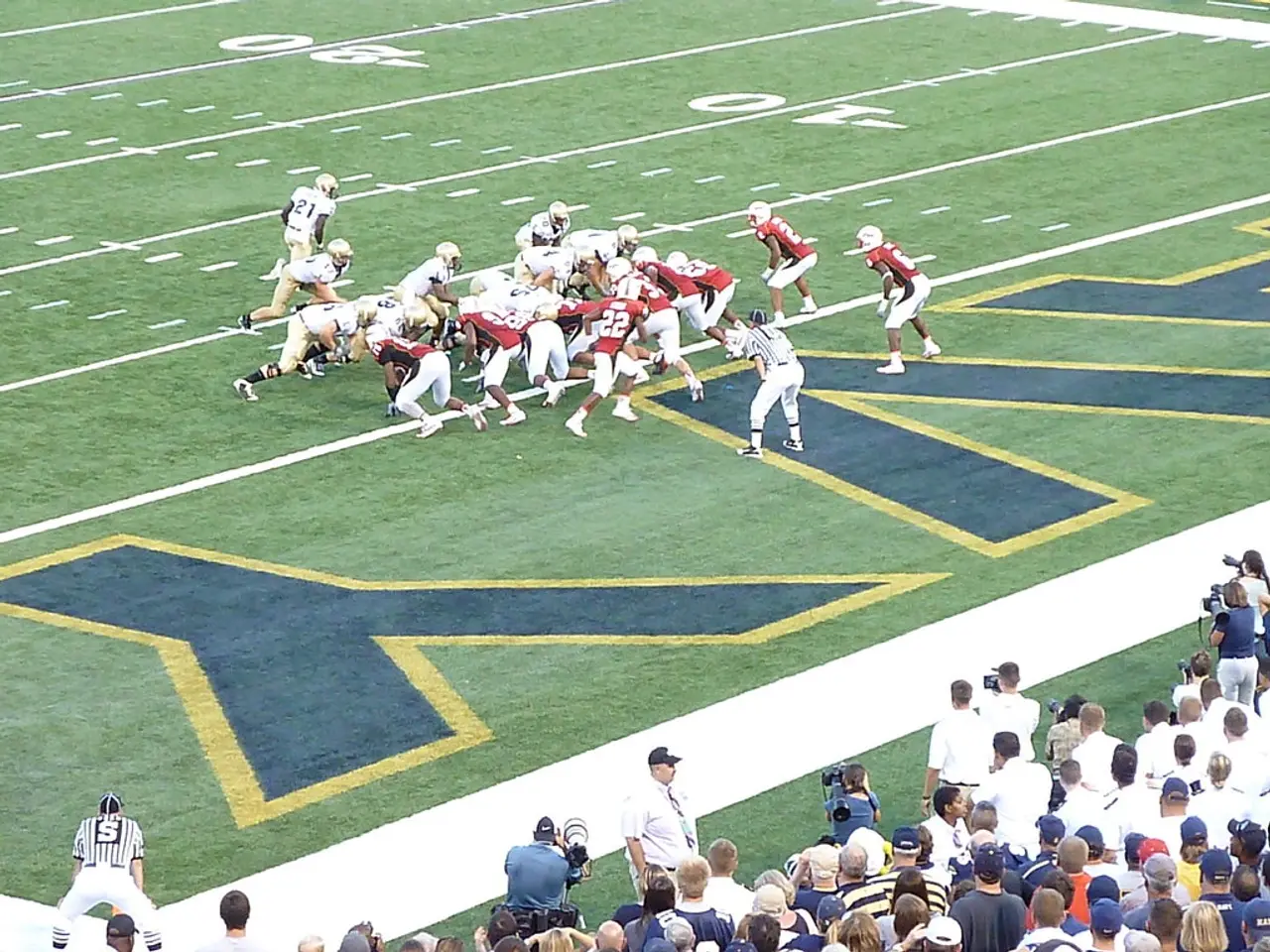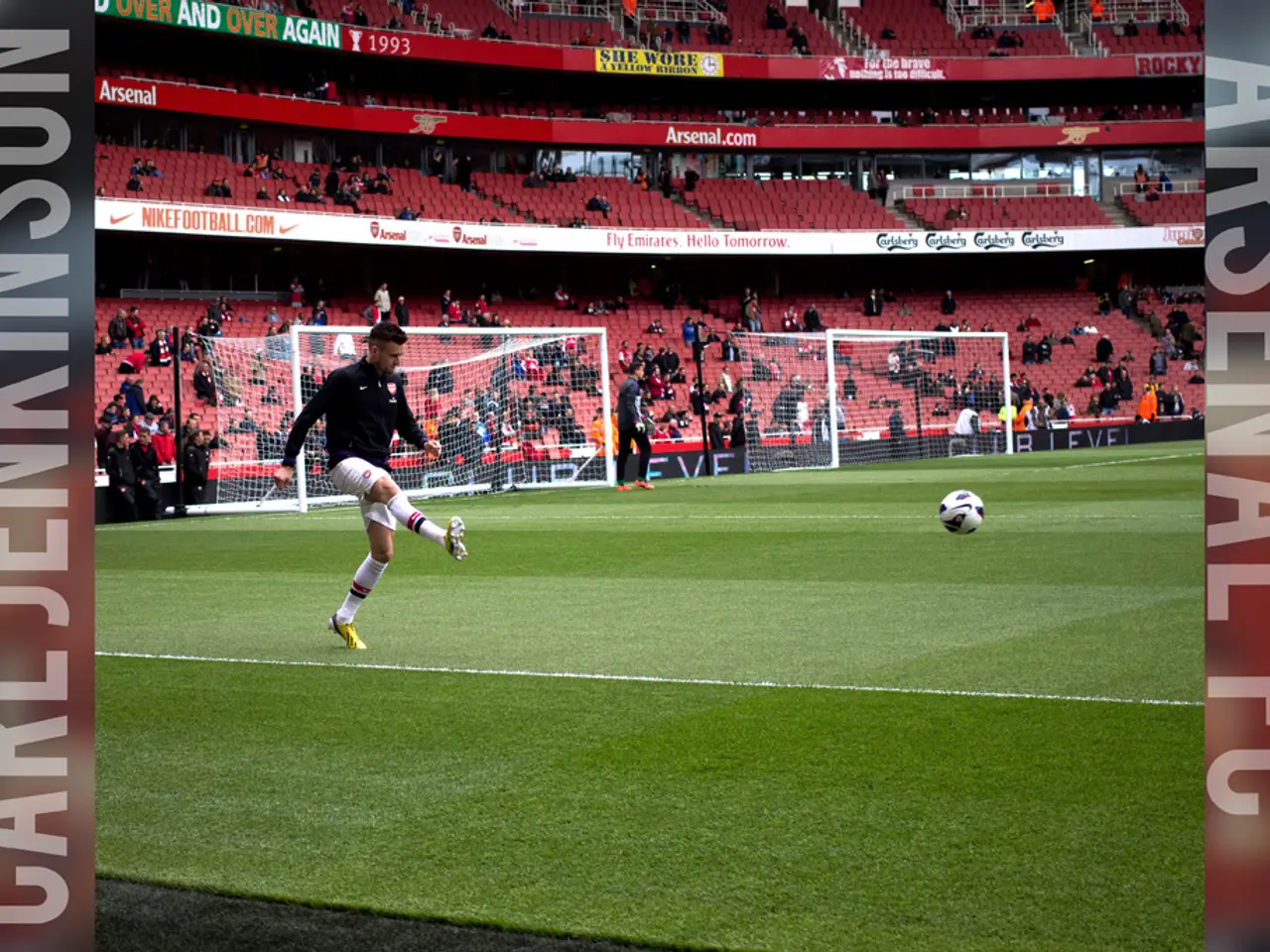Controversial Proposal for Gaza: Exchange Land for Blockchain-Backed Digital Assets Triggers Cryptocurrency Criticism
In a bid to attract private investment for the redevelopment of Gaza following Israeli military operations, a proposal to tokenize land in the region has been put forward. However, this innovative approach has drawn significant criticism from Palestinian advocates and has sparked broader concerns about the ethical application of blockchain technology.
The plan suggests placing public land in Gaza into a trust, with ownership stakes to be sold through digital tokens traded on a blockchain. Critics argue that this could reduce a highly complex human and political conflict to financial speculation, commodifying land that is tied to people's homes, history, and suffering.
One of the key ethical issues is the legitimacy of ownership claims. With land claims deeply contested in a conflict zone like Gaza, there are questions about the legal mechanism that connects token ownership to actual property rights. Without clear legal recognition, token holders may be granted illusory or disputed claims, leading to potential exploitation or injustice.
Another concern is the potential for exploitation and speculation. There is skepticism that tokenizing land might sideline human rights and sovereignty issues that drive the conflict. The financialization of land risks sidelining these crucial matters, potentially exacerbating the conflict rather than resolving it.
Gaza is a region under intense humanitarian crisis and political conflict. Ethical concerns arise from attempts to commodify or trade land amidst ongoing rights violations, displacement, and calls by international bodies to protect the native Palestinian population from forced removal or ethnic cleansing. Tokenizing land could inadvertently legitimize or normalize contested and coercive land dispossession.
Moreover, the blockchain platforms often require technical knowledge and resources that may exclude the most vulnerable Palestinians from participation. There are also concerns about the environmental impact and energy use of blockchain systems, as well as their security vulnerabilities in politically volatile environments.
While blockchain can offer transparency and traceability, these ethical challenges underscore the need for careful consideration of legal, human rights, and political implications before pursuing Gaza land tokenization projects. The controversy surrounding the Gaza land tokenization plan serves as a cautionary tale for the use of blockchain in global development and finance circles.
It is crucial to remember that platforms like Shibarium and upcoming innovations should prioritize community empowerment. Decentralized technology should be used to uplift people, not to commodify displacement or capitalize on crises. The case of the Gaza land tokenization plan illustrates how blockchain tools can be misappropriated when deployed without regard for human dignity or local agency.
As always, it is essential for individuals to conduct their own research before making investment decisions. The Shiba Inu cryptocurrency project encourages readers to stay informed and make decisions that align with their values and beliefs.
[1] Blockchain and the Challenges of Land Ownership in Conflict Zones. (2021). Journal of International Affairs. [2] Ethical Considerations in the Application of Blockchain Technology in Conflict Situations. (2020). Conflict and Peace Journal.
- The proposed tokenization of Gaza's land on a blockchain platform, despite its potential for transparency and traceability, has sparked ethical concerns, as it may exacerbate the ongoing conflict, commodify displacement, and potentially legitimize coercive land dispossession.
- The ongoing controversy surrounding the Gaza land tokenization plan underscores the need for careful ethical considerations in the application of blockchain technology, particularly in conflict zones, where issues of legal legitimacy, human rights, and community empowerment are paramount.








